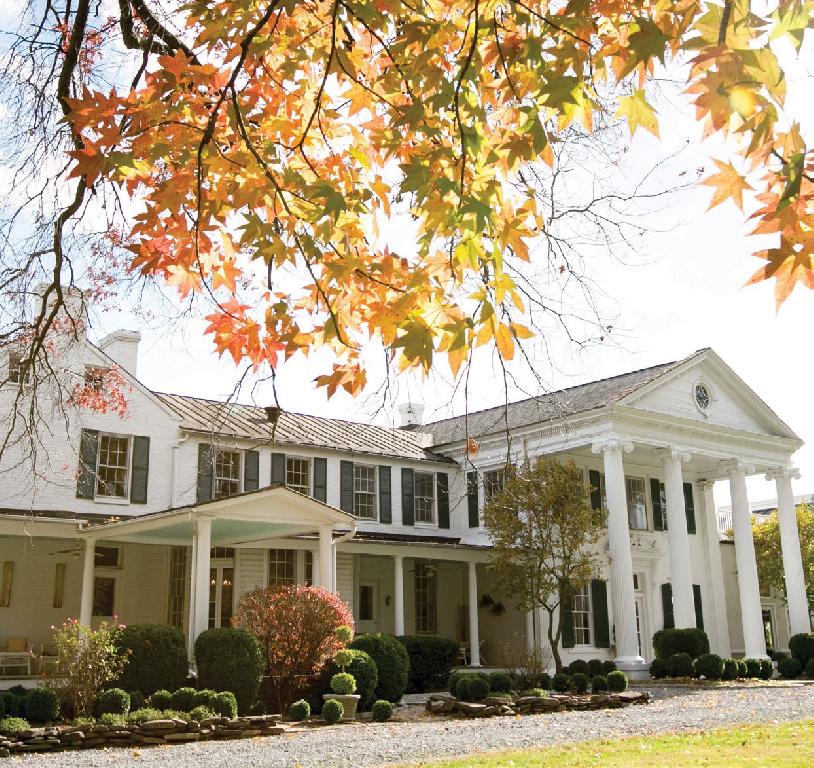In the world we are in today, it is encouraged that we fund for our own retirement, and while a retirement pension is specifically designed for this purpose, it's not the only investment that is well-suited for a retirement fund.
Some people swear that real estate investment is the way to create a comfortable retirement:
1. Buy a property. 2. Find a tenant. 3. Collect income while the tenant pays off your mortgage.
Yes, it can be, if you're willing to go all out. Property rentals offer the sporadic opportunity to generate passive income. Indeed, a well-located unit can produce an extra few hundreds per month after expenses. There are many ways to achieve retirement through investing in property. These strategies work for different people and different people prefer different ways of investing.
Here are some methods that you can use to achieve retirement through property investment. It is, of course, up to you to decide on your specific strategy and to go out there and achieve financial freedom and have an early retirement.
1. Positive cash flowed properties This is where you purchase a property and from day one it brings in more money in rental income than you are paying expenses. Instantly you have increased your passive income and are that little bit closer to retirement.
Even if the rent doesn't increase over time (which it almost always does), then you could still retire by simply getting more positively cash flowed properties. However, generally over time, your rental income will increase and you will be able to pay down your mortgage. So, your total positive cash flow could more than pay for your lifestyle just from a few properties.
2. Buy and Keep for rental income Buy a property with good potential capital gains. You then allow the rental income to go up and eventually cover the mortgage expenses. Over time you leverage your equity to invest in more property and grow your portfolio but the eventual goal is to live off the rental income.
Those using this strategy will, at some point, sell off some properties to pay off the debts on their remaining properties and then live off the cash flow.
3. Buy and hold for Capital Gains The goal is for the properties to double every 7-10 years. Once you have purchased enough properties and let them grow adequately, you can live off the equity. You borrow against the property to generate your income and you use your equity to pay for the difference between your expenses and income.
As long as your property continues to increase you should have enough equity to live off indefinitely. However, this relies on the banks' lending you money and it can be hard to source this financing after retirement so read up on this strategy very carefully.
4. Buy, Hold and Sell This is where you purchase property that you can immediately add value to. It might be adding value to the rental income, or it might be adding value to the market value of the property. Many times, it will be both.
You buy the property, increase its value (usually through renovations) and then hold the property. You can leverage the equity in the property to reinvest or live off and you can use the increased rental yield to create a positive cash flow.
5. Commercial Properties Investing in commercial property can be a great way to achieve capital gains and a great way to achieve positive cash flows. Commercial property typically requires a slightly higher deposit (around 30% of the value of the property) but it can often deliver higher rental yields. On top of that, many of the expenses such as maintenance, utilities etc. are paid by the tenant. This in return lowers your expenses and increases your cash flow even further.
6. Maximise Your Leverage By maximising your leverage, (especially in the beginning) you can afford to purchase more properties as the deposit required will be lesser.
This strategy can help you get into the market and grow your portfolio quicker. However, it may be risky for the long term. If the interest rates go up or property values go down you may have trouble servicing the loans and the banks may force you to sell.
7. Strata Titling Unbelievably, there are still some blocks of units out there that are owned on a single title. It is possible to purchase these blocks of units (if it is within your means) and then create strata titles for each of the units. Often this will help to increase the value of the whole block, as each unit can now be sold separately. You can then sell off some of the units or all the units to realise your capital gain and live off the profits. You could also access the equity through a loan with the bank or you could just hold the properties for long term income.
8. Create Dual Occupancy You can purchase a property and turn it into two or more separate properties. For example, you can turn a 4-bedroom house into 2 x 2 Bedroom Units. Doing so can significantly increase your rental yield and creates a positive cash flowed property.
Dual occupancy is generally a strategy for people who want to hold their properties while maximising the potential rental income from the property.
Elements of a Good Buy A good real estate investment starts with these qualities: a solid structure, an advantageous location, creditworthy tenants, ordinary (not excessive) repairs, annual or scheduled rental rate hikes and the ability to pay the mortgage every month.
If you're looking to purchase a property for rental purposes, it is advisable to focus on properties in a good school district with supermarkets within reach, since those are the two most important criteria for future tenants.
Investors should focus on properties that generate positive cash flow and should be prepared to buy and hold, especially in a slow-moving market.
Do Your Homework! No one really knows for certain what drives a stock price up or down. But investing in real estate provides more control over potential appreciation because there are things the owner can do to boost a property's value and its income.
Before you buy anything, hire an investment advisor and tax advisor because they are the ones who will be able to help you in finding the most appropriate real estate investments for the retirement income you desire.
Local real estate agents and newspaper classifieds will be able to tell you how comparable rental homes are in a certain area, how long a property has been vacant for and how quickly similar properties are appreciating, in case you need to sell your property.
Bottom line is, is property investment a good way to produce strong returns for your retirement? Absolutely. Having a fairly steady and a predictable financial gain is the Holy Grail for retirees. This is why investors love property investments.
.jpeg)

_PH_Banner_(Desktop)(1200x180px).png)


.png)
.png)
.png)




.jpeg)
